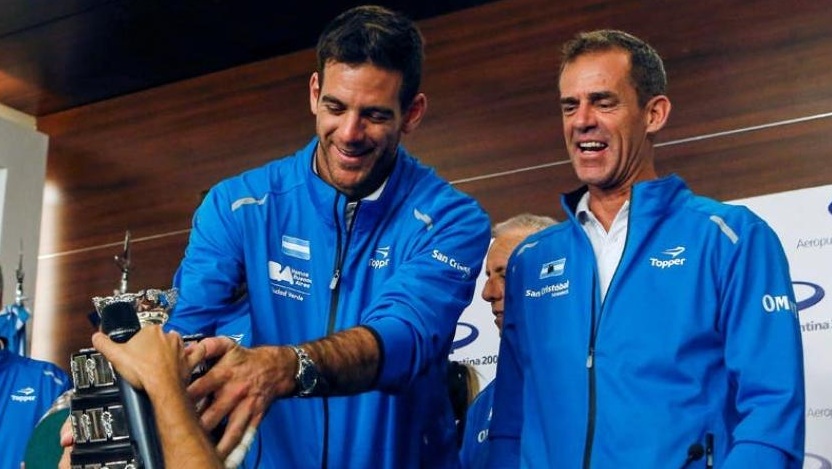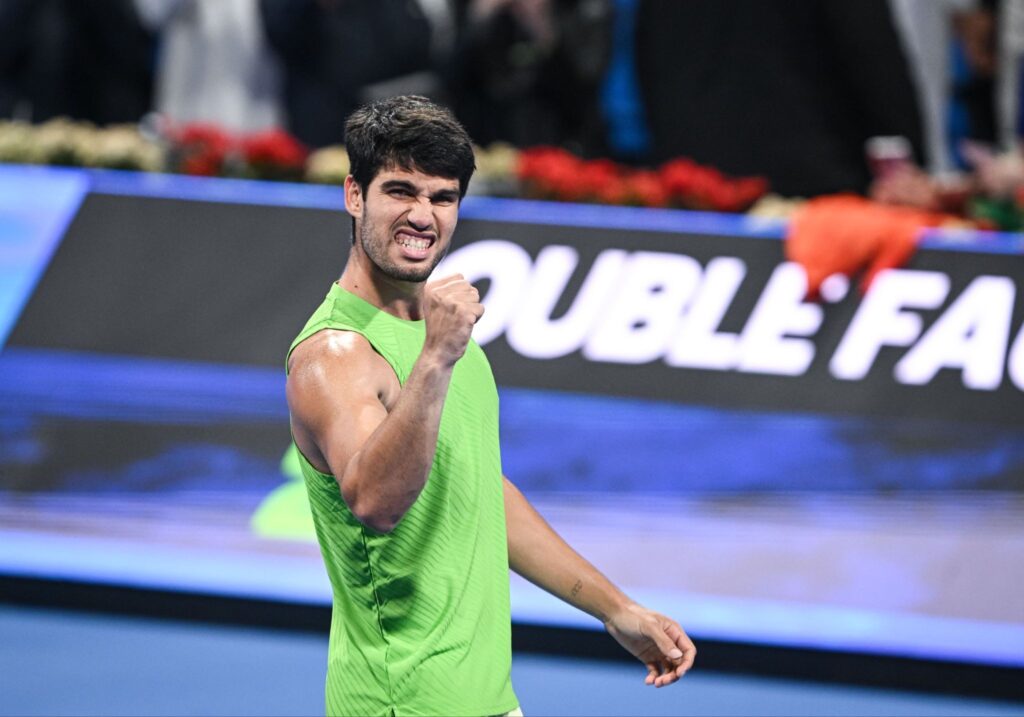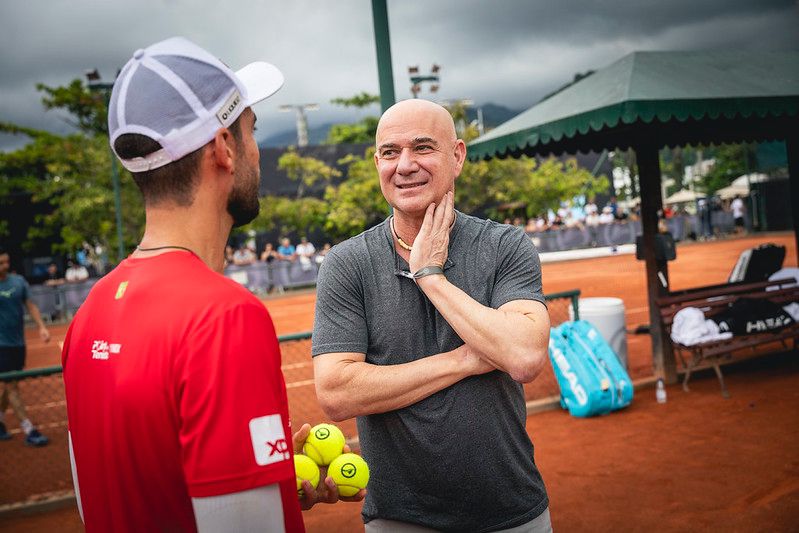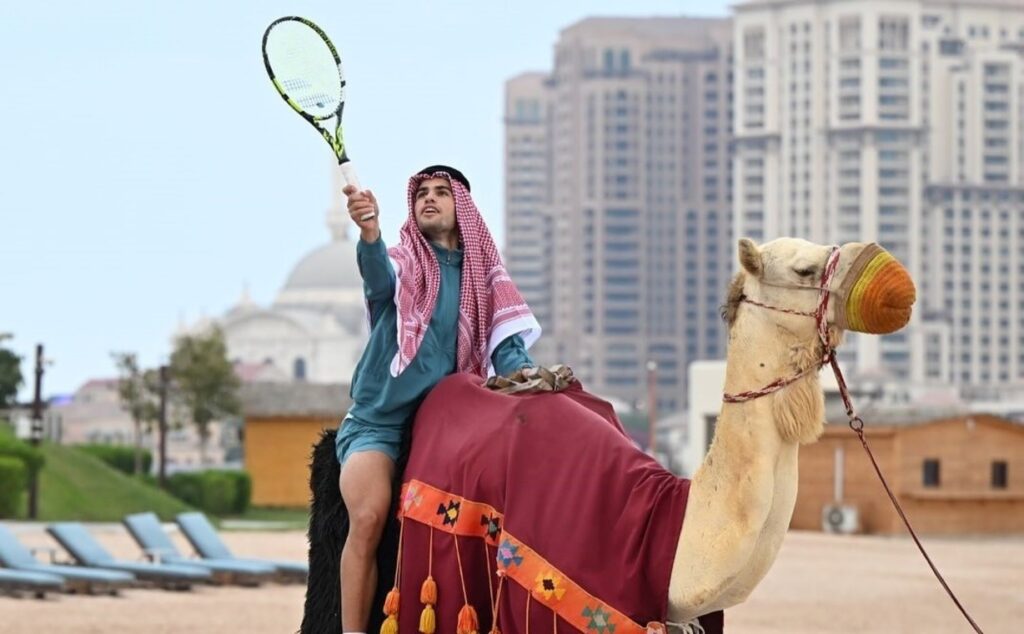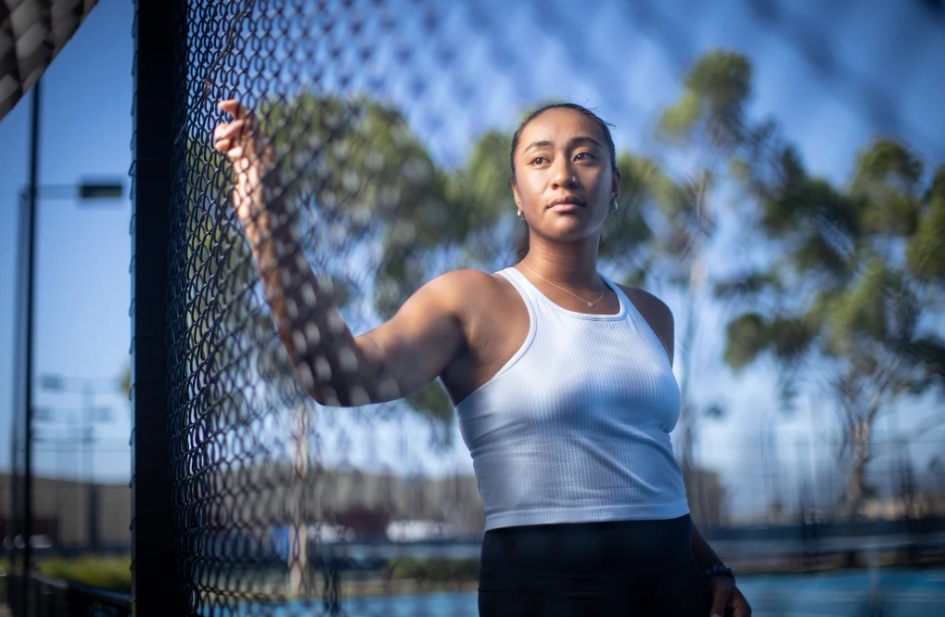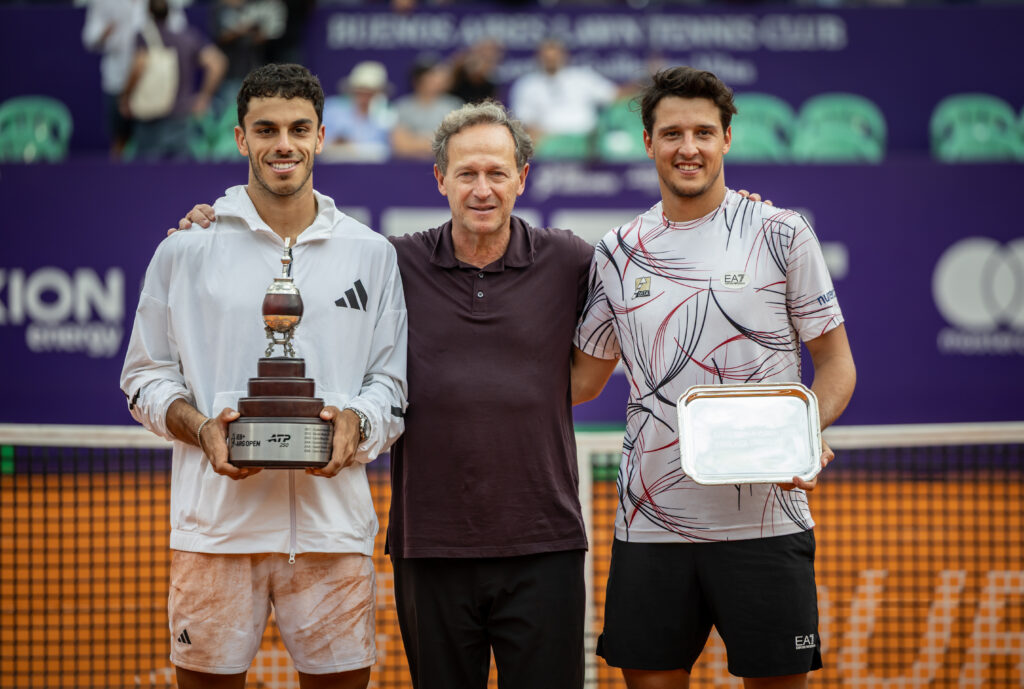Davis Cup 2016. Semifinals between Great Britain and Argentina. Juan Martín del Potro was coming off what was perhaps the most important win in his country’s history after defeating Andy Murray in the opening match. Yet the Argentine couldn’t stop dwelling on the negative comments directed at him.
“On Sunday, when he didn’t play, he told me: ‘There are a lot of people criticising me.’ I replied: ‘Multiply by twenty the number of people who thank you and admire what you did, because on Friday you won a historic match,’” Daniel Orsanic told CLAY in an interview also published by RG Media.
“Juan Martín always paid attention to those criticisms,” said the captain who led Argentina to its first and only Davis Cup title, with Del Potro as one of the key players.
Orsanic remembers that tie in Scotland as something very special: “I couldn’t believe what I was seeing. What Murray and Del Potro produced was a chess match — incredible tactical precision. I’ve rarely seen such a good tennis match. We knew Juan Martín wouldn’t be able to play on Sunday: he was physically destroyed. Beyond the fact that we later lifted the crown against Croatia, beating the defending champions on their home, with the world No. 1 in singles and doubles (Jamie Murray), was impressive.”
The coach, now an ESPN commentator, revealed the promise he made to the former world No. 3 and recalled the behind-the-scenes of Diego Maradona’s unexpected visit during the final played in Zagreb: “Diego’s presence instantly lifts the whole atmosphere — it fills you with energy and adrenaline. But the team needed a different kind of environment.”
Interview with Daniel Orsanic
– The 2016 Davis Cup run was historic. Argentina’s first title after several lost finals. What was the hardest part?
– Of course, winning the matches was the hardest part. The players on court did an exceptional job: most performed at a very high level and won matches they shouldn’t have won on paper. That was due to the atmosphere created within the team. But probably the most difficult thing was de-dramatizing, externally, what a result means. We did a great job simplifying situations, simplifying the message to the players and also outward. Society is very used to results: if you win, it’s good; if you lose, it’s bad. I don’t agree. I’ve always defended the idea, the process, what one can control. Results are key in high performance, but they’re not what you control. I like working on what I can control: that the players arrive well, full of enthusiasm, and that the message is simple and clear. That was the hardest part — and also the nicest.
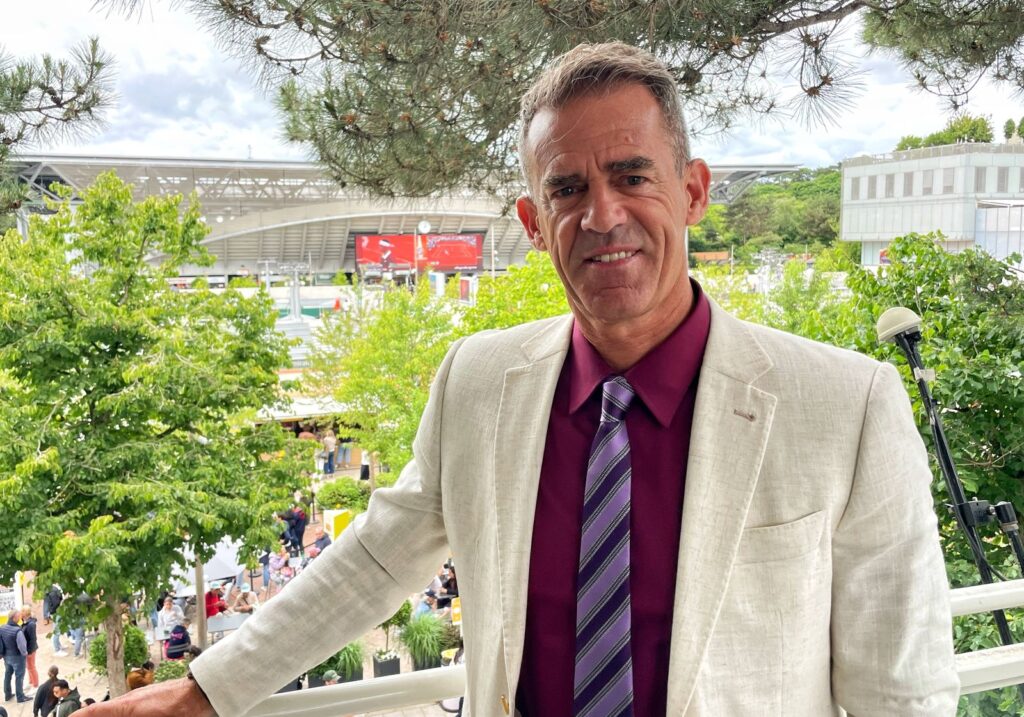
– Is there something that, ten years later, you look back on and think: “Thank god that happened”?
– If we had lost in the first round in 2015 against Brazil, my first tie as captain, I’d think exactly the same as I think today after winning the Davis Cup. But of course, you wouldn’t be interviewing me (laughs). I wouldn’t have had the chance, the privilege, of communicating my ideas. I could say “thank god we won that match,” “good thing (Federico) Delbonis closed that tie,” or “that (Juan Martín) Del Potro joined the team.” There were many factors. (Guido) Pella, (Leonardo) Mayer — they all had incredible wins. But in terms of my way of thinking, nothing changed: not before becoming captain, not after winning, not after leaving the role.
– How did you convince Del Potro to join the team?
– I didn’t convince Del Potro. In our first meeting, he told me he hadn’t represented Argentina in a long time and wanted to do it again. That day I promised him I would protect him: whether he played or not, whether he won or lost, whether he played well or poorly.
– In what sense protect him?
– Protect him externally, above all. In other situations, some captains shifted responsibility by saying “I want him to play; he doesn’t want to.” That exposed Juan Martín a lot in front of the press. I was never going to do that — neither with him nor with any player. I believe a key role of the captain is protecting his players. That’s what I told him from day one. Then, of course, saying it is one thing and proving it is another. Sometimes they believe you, sometimes they don’t. I was fortunate to have time to prove it, not only with Del Potro but also with others who didn’t always agree with certain decisions.
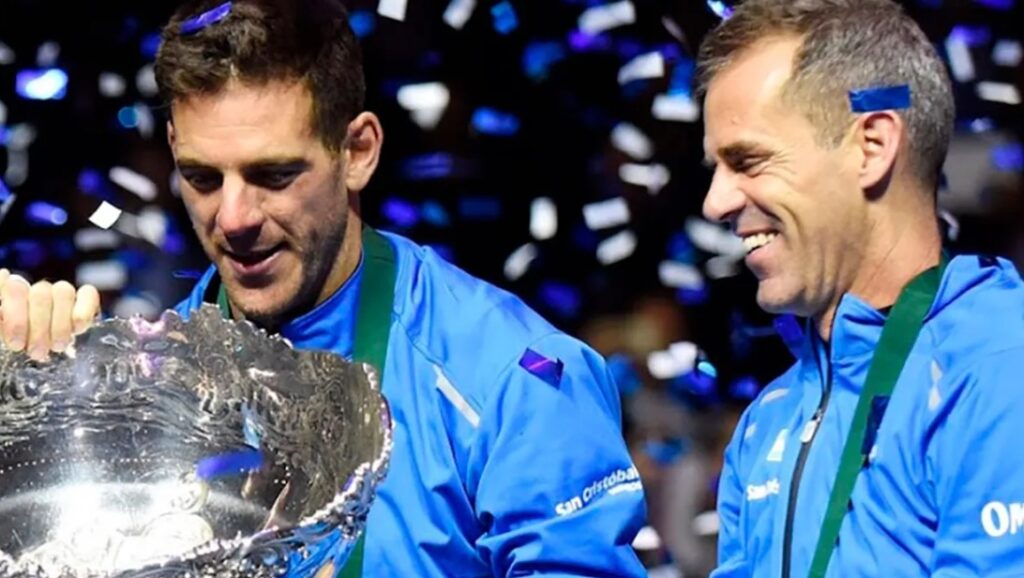
– Did that make him feel treated differently?
– He wanted to represent Argentina. Every time he did, he did it incredibly well. His best results, except for the US Open, were representing the country. He lived it intensely and brought out his best version. I never had to “call up” Del Potro. When he was ready to play, he told you. He was undisputed in any team. It was never difficult — I never insisted, never asked. When he was ready, he informed me.
– Did you have to help him mentally after what happened in the final in Mar del Plata in 2008, when Argentina lost to Spain and the atmosphere within the team wasn’t good?
– Yes, it was a very traumatic experience for him. He was very young and his family defended him, as any parent would seeing their child exposed so early in front of the press and teammates. That promise I made to him on the first day included all of that. But he could choose to believe me or not. Facts helped me earn his trust, and that’s what happened.
– Did you feel pressure leading the Davis Cup team after so many historic failures?
– I didn’t feel the responsibility of winning it. I felt the responsibility of creating harmony within a group so it could become a team. That was pressure. But since there was so much to do, you forgot about it. I never had a night where I went to bed uneasy. Every night I went to bed exhausted from everything we had done.
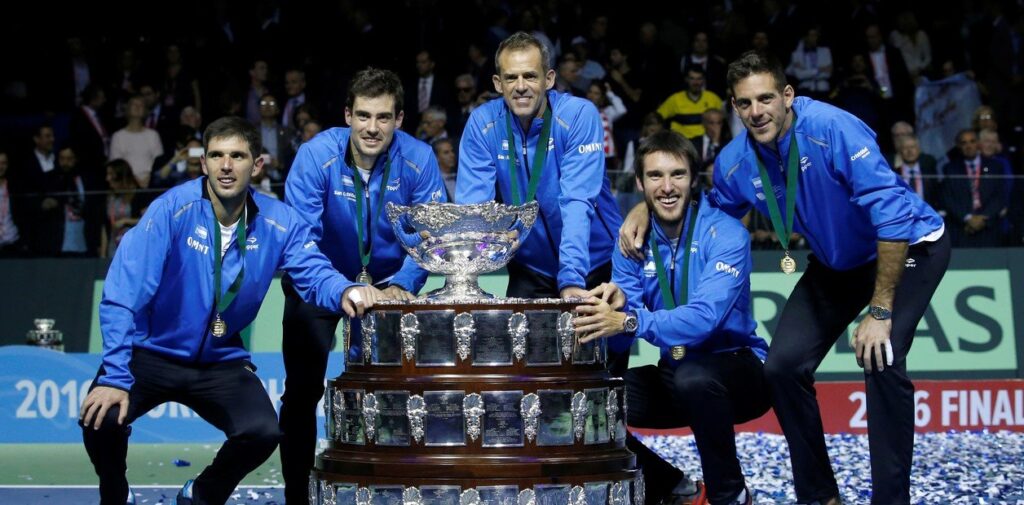
– What did you think when you found out that Diego Maradona was coming to Zagreb to root for you in the final?
– I asked Vivi, our team coordinator, to tell his representative that we were in another hotel. He was flying in on Thursday and we started on Friday. Twenty minutes later, Vivi comes back and says: “He already has a reservation here.” I told her: “Tell him we’d like to see him on Friday after the matches.” That was my request.
– Why?
– Because I was with Maradona in the 2006 final in Russia, when Argentina played away. I was coaching one of the players, and I happened to be in the pre-match huddle in the locker room — it was incredible. We were jumping, shouting. Everyone was emotional, eyes full of tears from the adrenaline. But every group is different. I felt the 2016 team needed something else — not talking about results, staying low-profile. Diego’s presence automatically raises the profile — it fills you with energy and adrenaline. He was the No. 1 fan of Argentina in every sport, tennis included.
– And Maradona respected your request…
– Yes. On Friday, after the matches, he went to the massage room and had mate (a traditional Southern Cone herbal drink) with the players. He was very respectful. I didn’t see him that day, but on Saturday night many of us went to his room. We spent 45 wonderful minutes there. We spoke about tennis for five minutes — and then we watched an entire Napoli show while he told his stories. ‘Yaca’ Mayer gave him a racquet, he was wearing a full plush pyjama… you felt like hugging him and not letting go. He was a great support. What stood out most was how respectful he was: he didn’t enter the locker room when he shouldn’t, he waited for the right moment. I always appreciated that.
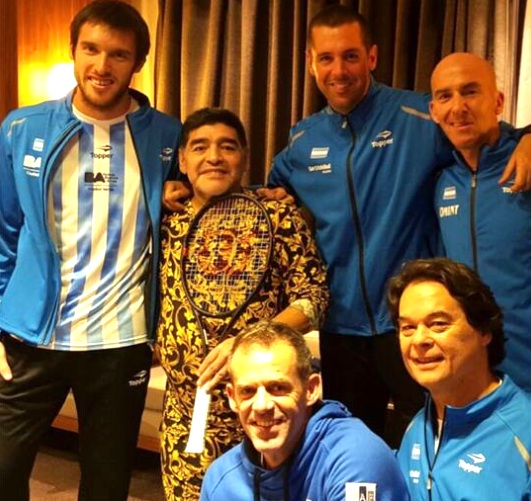
– Would you be captain again?
– It’s not something I have in mind. I only think about it when asked. I don’t long for it. I’m happy doing whatever I need to do at each moment. I never dreamed of being captain or a coach. I didn’t even decide to try to be a player until finishing high school. When I left the Davis Cup and the Argentine Tennis Association, I told my wife I wouldn’t mind putting on a suit and working in a company. A few months later, they invited me to call the Queen’s final, and since 2018 I’ve been commentating tennis, wearing a jacket and shirt.
– Do you think clashes of egos and personal interests were the main reasons behind so many Davis Cup failures in Argentina before 2016?
– I don’t think that was the reason it wasn’t won earlier. You have to be inside to understand how to handle each situation. I coached players on the team and saw many things. There was a brilliant era in Argentine tennis on the sporting side, but it wasn’t matched on the human side. I believe both things must go together. A nice guy who doesn’t compete isn’t useful, nor is a phenomenon who’s disrespectful. A player must grow in every sense — not just hit harder or win more, but understand what the press, the public and the opponent demand. For me, that is as important as winning.
– There was a deficit in that aspect.
– Clearly. That’s why we focused on treating the press well, attending to everyone, being correct. There were many details that aligned an idea and left the delegation in a good place. We gave the press the place it deserved and connected with the people — not only by winning ties but by being an educated, respectful team.
Ver esta publicación en Instagram
Una publicación compartida por PEGSA – Productora de contenidos (@pegsagroup)
– Do you remember an example?
– I’ll give you two: in Belgium in 2015, after losing the semifinal, I had tears in my eyes. But the organizers came to congratulate us: they said they hadn’t had such a respectful and kind delegation in twenty years. On the one hand, I was frustrated sportingly, but on the other I was proud. In Great Britain, the same: our translator told us the organizers were pleasantly surprised — Australia had played there, the United States had played there, and we were the most pleasant delegation. That gave me enormous satisfaction. Of course I wanted to go out and win every match, but leaving Argentina in a good light was gratifying.
– I want to take you to that semifinal in Scotland in 2016, facing Andy Murray in his prime. That match between Murray and Del Potro must be one of the most important in your country’s tennis history. What do you remember?
– I couldn’t believe what I was seeing. Murray vs Del Potro was a chess match — impressive tactical precision. I’ve rarely seen such a good match. We were able to play with the rankings: we wanted Del Potro to face Murray on the first day; otherwise there was no chance energy-wise. It was historic. Then Guido Pella beat (Kyle) Edmund and we went 2–0 up. But we knew Juan Martín wouldn’t be able to play on Sunday: he was physically destroyed. So we played our cards: we put him in doubles with Mayer to take advantage of the momentum of being 2–0 up. They split sets and were almost a break up, but it wasn’t enough. Then Leo was very solid to close the tie against Daniel Evans. Even though we later won against Croatia, beating the defending champions, with the world No. 1 in singles and doubles, at their home, was spectacular.
– And what did it mean for Del Potro?
– On Sunday, when he didn’t play, he told me: “There are a lot of people criticising me.” And I replied: “Multiply by twenty the number of people who thank you and admire what you did, because what you did on Friday against Andy was historic.” He was always very aware of the criticism. His contribution was incredibly valuable.
– To finish, how do you assess the most sucsessfull Argentine players of the last years? Starting with Francisco Cerúndolo.
– Cerúndolo is in a great moment; he had his best season, although I think managing expectations was difficult for him. He couldn’t sustain his best level at the Grand Slams, but if he becomes more consistent, he will get close to the top ten. Sebastián Báez had an up-and-down year, although he took full advantage of the South American swing, won in Rio and reached the final in Santiago. That gave him a solid base because those are a lot of points. It’s true he’s had negative streaks, but these are players who always give everything, and the more confidence they gain, the better their results will be. I see Báez a bit plateaued. And (Tomás) Etcheverry didn’t have a good year — I see him more erratic than usual. I hope he turns it around. But you have to be inside the team to really understand what’s happening.
If you enjoyed this interview with Daniel Orsanic, don’t miss many other interviews with the protagonists of the tennis tour. Click here and read much more for free.
